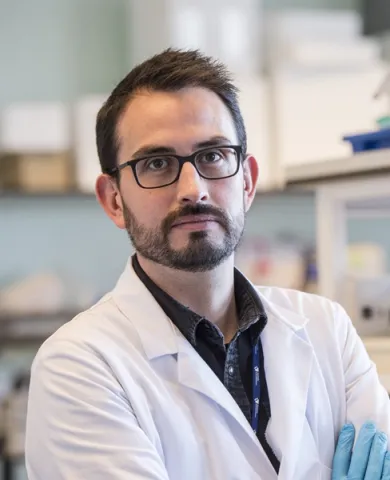Project overview
Our immune response is usually a defensive mechanism that prevents the spread of infections and their associated damage. In the brain, inflammation is a double-edge sword mediated by resident immune cells, called microglia, recently shown more diverse than we anticipated. This immune response is critical to the progression of Dementia, including Alzheimer’s. However, our understanding is incomplete, as existing evidence is derived from using animal models and shown not to translate to humans. The research we propose here is a timely, novel and ambitious approach to understand the complexity of inflammation in Dementia. We will use a cohort of post-mortem brain samples to find what types, and how many, immune cells are present in the Alzheimer’s brain, using cutting edge techniques. We will break new ground into the understanding of Dementia and move the field closer to having therapeutic approaches to control inflammation in Alzheimer’s, with an ambition to improve the quality of life of patients.
